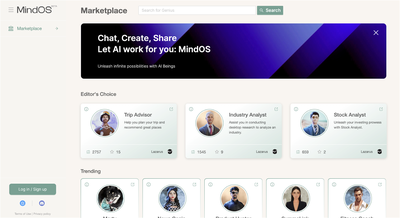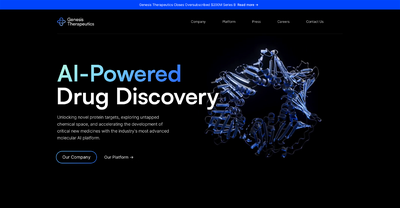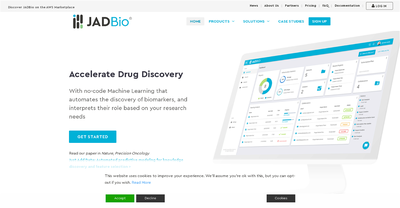AI Healthcare

AI Healthcare: Revolutionizing Medicine with Artificial Intelligence
AI Healthcare is transforming the way medical professionals diagnose, treat, and manage patient care. By integrating artificial intelligence into healthcare systems, AI Healthcare enhances accuracy, efficiency, and personalization in medical services. This innovative approach leverages machine learning, data analytics, and advanced algorithms to improve patient outcomes and streamline healthcare operations.
Benefits
AI Healthcare offers numerous benefits that are revolutionizing the medical field:
- Enhanced Diagnostics: AI algorithms analyze medical images and data to detect diseases with high accuracy, often identifying conditions earlier than traditional methods.
- Predictive Analytics: AI predicts disease outbreaks and patient risks, enabling proactive and preventive care.
- Personalized Treatment: AI tailors treatment plans to individual genetic and biological profiles, improving treatment effectiveness and reducing side effects.
- Efficient Operations: AI optimizes hospital management, reducing wait times and improving resource allocation.
- Virtual Health Assistants: AI-powered chatbots and virtual assistants provide 24/7 support, answering medical questions and offering emotional support.
- Accelerated Drug Discovery: AI speeds up the development of new drugs by analyzing molecular structures and predicting their effectiveness.
- Genomic Research: AI advances genetic research by identifying disease-causing mutations and enhancing gene-editing technologies.
- Mental Health Support: AI detects early signs of mental health issues and provides personalized coping strategies.
- Global Health Monitoring: AI tracks disease spread and optimizes vaccine distribution, strengthening global health systems.
- Robotic Surgery: AI-assisted robotic systems enhance surgical precision, reducing complications and recovery times.
Use Cases
AI Healthcare is applied in various medical settings to improve patient care and operational efficiency:
- Hospitals and Clinics: AI enhances diagnostic accuracy, predicts patient admissions, and optimizes staffing and resource management.
- Pharmaceutical Research: AI accelerates drug discovery and development by analyzing molecular data and predicting drug interactions.
- Personalized Medicine: AI tailors treatments to individual patient profiles, improving treatment outcomes and reducing side effects.
- Mental Health Care: AI provides early detection of mental health issues and offers personalized support through virtual assistants.
- Global Health: AI monitors disease outbreaks, predicts infection surges, and optimizes vaccine distribution.
- Genomic Research: AI identifies genetic mutations and enhances gene-editing technologies for treating genetic disorders.
- Surgical Procedures: AI-assisted robotic systems improve surgical precision and reduce recovery times.
Vibes
AI Healthcare has received positive feedback from medical professionals and patients alike. Users appreciate the enhanced diagnostic accuracy, personalized treatment plans, and efficient hospital operations. The integration of AI in healthcare has been praised for its potential to revolutionize medical services and improve patient outcomes. Many highlight the benefits of AI-powered virtual assistants and chatbots, which provide 24/7 support and emotional assistance.
Additional Information
AI Healthcare is supported by significant advancements in technology and research. The integration of AI in healthcare has been driven by collaborations between tech companies, research institutions, and healthcare providers. Notable achievements include the development of AI algorithms that surpass human experts in diagnostic accuracy and the acceleration of drug discovery processes. AI Healthcare continues to evolve, with ongoing research and development aimed at enhancing its capabilities and expanding its applications in the medical field.






Comments
Please log in to post a comment.